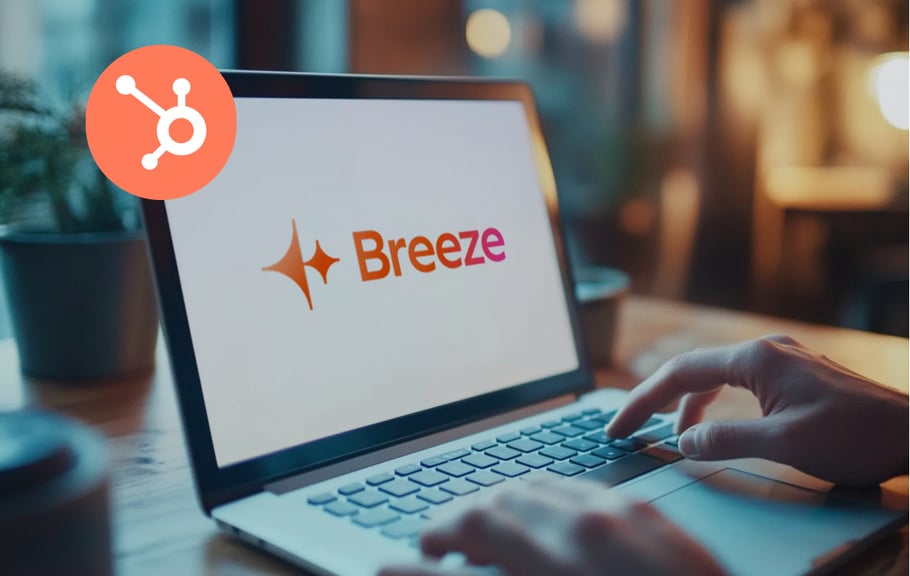Like most countries, China has set regulations on advertisements to protect consumer’s health and safety. While there are general regulations that all advertisers need to follow under the Advertisement Law of the People's Republic of China, there are stricter restrictions placed on specific industries including, tobacco, alcohol, and healthcare.
However, with both the increasing popularity of non-traditional media and issues from multiple scandals, including Wei Zexi and Blackmores, the country has since tightened its restrictions on advertising. In 2018, the Standing Committee of the National People's Congress set out a number of amendments that have further tightened the regulations that advertisers, spokespeople and advertising platforms need to adhere to.
When it comes to advertising regulations, all platforms need to adhere to the same standards, from TV ads to Baidu ads. In this blog, we break down some of the most important regulations that companies need to bear in mind when defining their advertising strategy for China.
Banned Industries
While the government has banned specific industries from advertising, the various platforms also have their own restrictions.
Government Restrictions
The government has forbidden ads for businesses engaged in the following:
❌ Pharmaceutical/drugs;
❌ Obscenity;
❌ Pornography;
❌ Gambling;
❌ Superstitions;
❌ Terror;
❌ Violence.
Baidu’s Restrictions
Some may consider Baidu’s restrictions to be even more restrictive than the government’s. In addition to government restrictions, China’s largest search engine forbids the publication of ads for businesses in the following industries:
❌ Medical apparatus and instruments;
❌ Medical treatment and health;
❌ Healthcare products;
❌ Auction houses;
❌ Franchise opportunities;
❌ Sex products;
❌ Affecting political stability;
❌ Virtual currencies.
General Advertising Regulations
Majority of the regulations will seem quite familiar as they are similar to the international regulations. The ads must adhere to the following regulations:
- Data, quotes and survey information needs to be accurately represented and sourced, if used;
- Ads featuring patented products or methods need to indicate both the patent number and the patent type;
- It cannot criticise any other operators or competitors and their products or services;
- It needs to be clearly identifiable as an ad;
- It cannot be in the form of news reports;
- Pop-up online ads need to be clearly marked with a close button to enable a one-click close.
Additionally, advertisements cannot be sent to or placed at residences, vehicles, or other personal properties unless requested or consented. The same applies to advertisements via email, but emails also need to include the real identity and contact information. Similar to the regulations of GDPR, emails in China also need to allow recipients a means to unsubscribe from your emails.
Regulated Industries for Advertising in China
Alcohol
Regulations around the advertisement of alcohol are common globally. However, in China, the restrictions may be considered stricter than most.
Alcohol-related advertisements in China cannot encourage or feature the act of alcohol consumption. Any activities that would be considered dangerous to do under the influence of alcohol, such as driving cars, boats or planes, cannot be featured in the ads.
The content in the ads also cannot imply relaxing, anxiety-reducing, or improvements to physical strength.
Tobacco
Restrictions on ads for tobacco products are some of the strictest in the country; it is essentially banned. Tobacco products, including its name, trademarks, packaging, or any relatable features, cannot be advertised in mass media, public places, public transportation, or outdoors. Minors cannot be the target audience for or receive any tobacco-related ads.
Any necessary announcements, such as relocation, name change, or job postings, cannot feature any identifiable features of the product, including its name.
Healthcare / Medical
Prescription drugs, except for narcotics, and those to be used by medical professionals, can only be advertised in designated medical & pharmaceutical publications.
Any other special drugs, including narcotics, toxic drugs for medical use, radioactive drugs, among other drugs that should only be used by medical professionals, can never be advertised.
Any advertisements for products or services including, medical equipment, beauty, online games, among others that can impact the physical and mental health of minors cannot be featured on mass media.
Investments
Products or services for which investors can expect a return on investment needs to ensure sufficient warnings regarding the potential risks, and its responsibilities.
Ads are not allowed to either implicitly or explicitly guarantee any results, capital preservation, no risks, or circumstances related to the product or service unless the state provides it. Additionally, the ad cannot feature the names or images of any academic institutions, industry organisations, professionals, or beneficiaries as a means to recommend or certify the product or service.
Real Estate
The information on real estate ads needs to be true and accurate with regards to the property area, clearly stating it as the building area or the area inside the apartment and the following content must not be included:
- Guarantee of return on investment;
- Guarantee of property value appreciation;
- Violations of the state’s price management regulations;
- Misleading marketing information regarding transportation time or facilities, cultural and educational facilities, and planned facilities, among others.
Education
In order to better protect students from predatory advertising regarding their education, the advertising legislation stipulates that the following content cannot be featured in ads for businesses in the education industry:
- Implicit or explicit guarantee of a future result, including passing exams, entering higher education, and obtaining a degree;
- Implicit or explicit declaration that staff from examination institutions, or test-setting personnel complete the education or training programme;
- The names or images of any scientific research units, academic or educational institutions, industry organisations, professionals, or beneficiaries as a means to recommend or certify the programme.
Celebrity Endorsements
If you would like a celebrity to endorse your products or services, they will need to have used your products or services before making any statements about it. So it is likely that you will need to provide your products or services to the personality in question.
However, prior to selecting your spokesperson, you will need to make sure that they haven’t previously made any false statements, or if they have, that they have been administratively punished for 3 years prior to appointment.
Anyone making an endorsement without actually trying the product or service may be held liable for false advertising. It is also important to note that minors under the age of 10 cannot be a spokesperson.
Restrictions on Advertising to Children
No advertising activities, except for public service ads, are permitted in any pre-tertiary schools to protect children from predatory advertising. Any materials or equipment needed to perform or support pre-tertiary education, such as stationery, school buses, textbooks, and more, are also not allowed to feature or disguise ads.
Outside of schools, minors cannot be the target audience for advertisements that may harm their physical or mental health. For ads targeted at minors, under the age of 14, it cannot encourage unsafe behaviour, nor encourage them to ask their parents to purchase the product or service.
Advertising Content Restrictions
There are numerous restrictions on the type of content that cannot be featured on ads, regardless of the platform. The following cannot be featured on the ads:
❌ Use of or the disguising of the national flag, anthem, emblem, army flag, emblem, or military song of the People’s Republic of China;
❌ Use of or the disguising of the names and images of state organisations, or its staff;
❌ Anything that damages the dignity or reveals the interests or secrets of the state;
❌ Words implying superiority over other organisations or brands, such as "state-level", "highest-level", "best", are not permitted;
❌ Content that harms public interests, social order, or social customs is not permitted;
❌ Anything that endangers or leaks personal information and impacts the safety of persons or property;
❌ Obscenity, pornographic, gambling, superstitious, terror, or violent content;
❌ Ethnic, racial, religious or sex discriminatory content;
❌ Content that encourages or harms the environment, natural resources, or cultural heritage protection;
❌ Any other content prohibited by law.
Penalties
Penalties for violations against the Advertisement Law of the People’s Republic of China varies in accordance to the articles. For violations that are not severely detrimental to society, the fines can be up to 100,000 RMB. However, for more serious violations, they can be 3-5 times the advertising cost, with a minimum of 100,000 RMB, and up to 1 million RMB.
If there are 3 more illegal advertisements from the company, you may be fined a minimum of 1 million RMB, and up to 2 million RMB. With this, your business license may be revoked, along with your advertisement review approval document and applications for its renewal will not be accepted within one year.
If a medical institution commits a violation, in addition to the fines, the institute may be at risk of losing their practice license.
Getting Started With Advertising in China
If you are looking to advertise your business on one of China’s platforms, such as Baidu, Weibo, WeChat, you will need to adhere to the regulations placed by the Advertisement Law of the People’s Republic of China. Violations can lead to restricted access to any advertising platforms, which can detrimentally impact your business.
The above are only some of the key considerations a company must consider when looking to advertise their products or services in China. For more detailed information, you can visit the National People’s Congress website (please note that the updated legislation is only available in Simplified Chinese).
Does your company need assistance with getting started on advertising in China? Speak with one of our China marketing experts to find out how we can help!
 UAE/GCC
UAE/GCC International
International

.webp)









